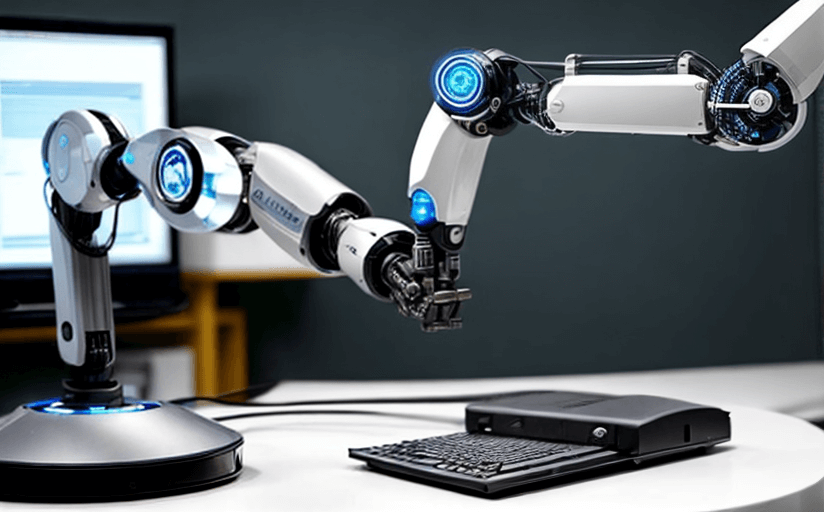How is Artificial Intelligence Shaping the Future of Technology and Its Implications for Society?
Artificial Intelligence (AI) is rapidly transforming the way we interact with the world around us, and its impact on the future of technology is being felt in almost every industry. AI has the potential to revolutionize the way we interact with technology, from self-driving cars and facial recognition to predictive analytics and voice-controlled virtual assistants. But, as with all new technologies, there are both benefits and potential risks associated with AI, and it is important to consider the implications for society, the global economy, and the environment.
The Benefits of Artificial Intelligence
AI has the potential to revolutionize the way we interact with technology, from self-driving cars and facial recognition to predictive analytics and voice-controlled virtual assistants. AI can also be used to make advances in medical, transportation, and environmental technologies. For example, AI can be used to develop medical diagnostics that can detect diseases earlier and more accurately. AI can also be used to improve navigation and safety in transportation systems, as well as to develop more efficient and sustainable energy sources.
The Potential Risks of Artificial Intelligence
While AI has great potential to improve our lives, it also poses potential risks. AI algorithms can be biased and may lead to unfair outcomes. AI can also be used to manipulate public opinion or to commit crimes. In addition, the use of AI can lead to job losses, as machines can replace humans in certain tasks. As AI becomes more advanced, it also poses a risk to privacy and security, as it can be used to collect and analyze personal data without the user’s consent.
Implications for Society and the Economy
The implications of AI for society and the economy are far-reaching. AI can lead to job losses, as machines can replace humans in certain tasks. At the same time, AI can create new jobs and new industries, such as data science and cybersecurity. AI can also lead to economic inequality, as those who can afford the technology will benefit more than those who cannot. Finally, AI can be used to manipulate public opinion, which can have a negative effect on democracy.
Implications for the Environment
AI can also have implications for the environment. AI can be used to develop more efficient and sustainable energy sources, as well as to reduce waste and pollution. However, AI can also be used to increase consumption, which can lead to an increase in emissions and other environmental problems. It is important to consider the environmental implications of any new technology, including AI.
Ethical and Legal Considerations
As AI becomes more advanced, it is important to consider the ethical and legal implications of its use. It is important to ensure that AI algorithms are not biased and that they are used responsibly and ethically. In addition, it is important to create laws and regulations to protect privacy and ensure that AI is used in a way that does not harm people. Finally, it is important to consider the implications of AI on the environment, and to ensure that any new technology is used in a way that is sustainable.
Conclusion
AI has the potential to revolutionize the way we interact with the world around us, and its impact on the future of technology is being felt in almost every industry. While AI has great potential to improve our lives, it also poses potential risks. It is important to consider the implications for society, the global economy, and the environment. It is also important to consider the ethical and legal implications of AI and to ensure that it is used responsibly and ethically.

















Comments
Leave a Comment